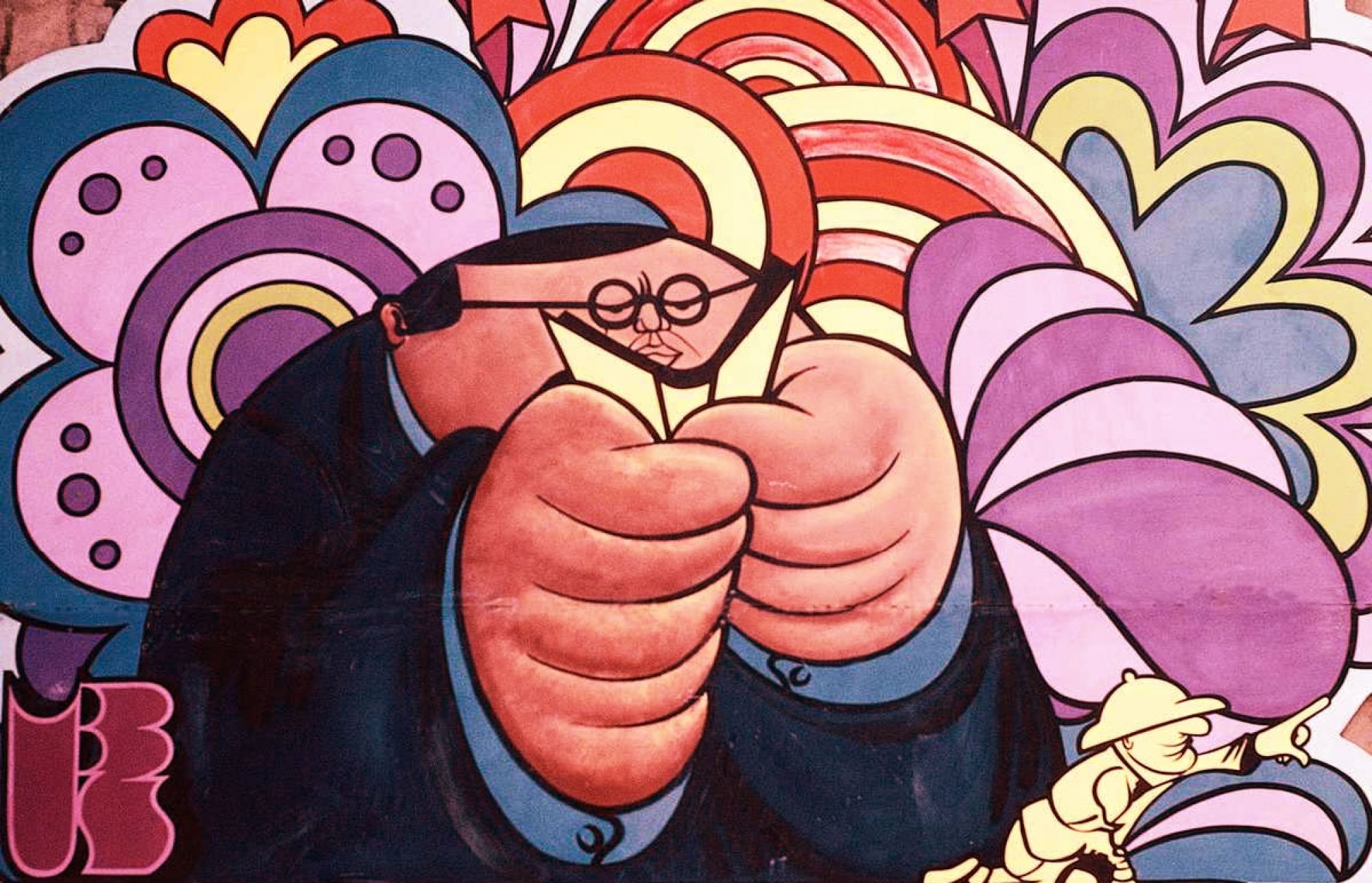Jeannette Haien’s exquisite, beloved first novel is a deceptively simple story that has the power and resonance of myth. The story begins on a rainy morning as Father Declan de Loughry stands fishing in an Irish salmon stream, pondering the recent deathbed confession of one of his parishioners. Kevin Dennehy and his wife, Enda, have been sweetly living a lie for some 50 years, a lie the full extent of which Father Declan learns only when Enda finally confides “the all of it.” Her tale of suffering mesmerizes the priest, who recognizes that it is also a tale of sin and scandal, a transgression he cannot ignore. The resolution of his dilemma is a triumph of strength and empathy that, as Benedict Kiely has said, makes The All of It “a book to remember”.
( from the sleeve, 145 pages )

